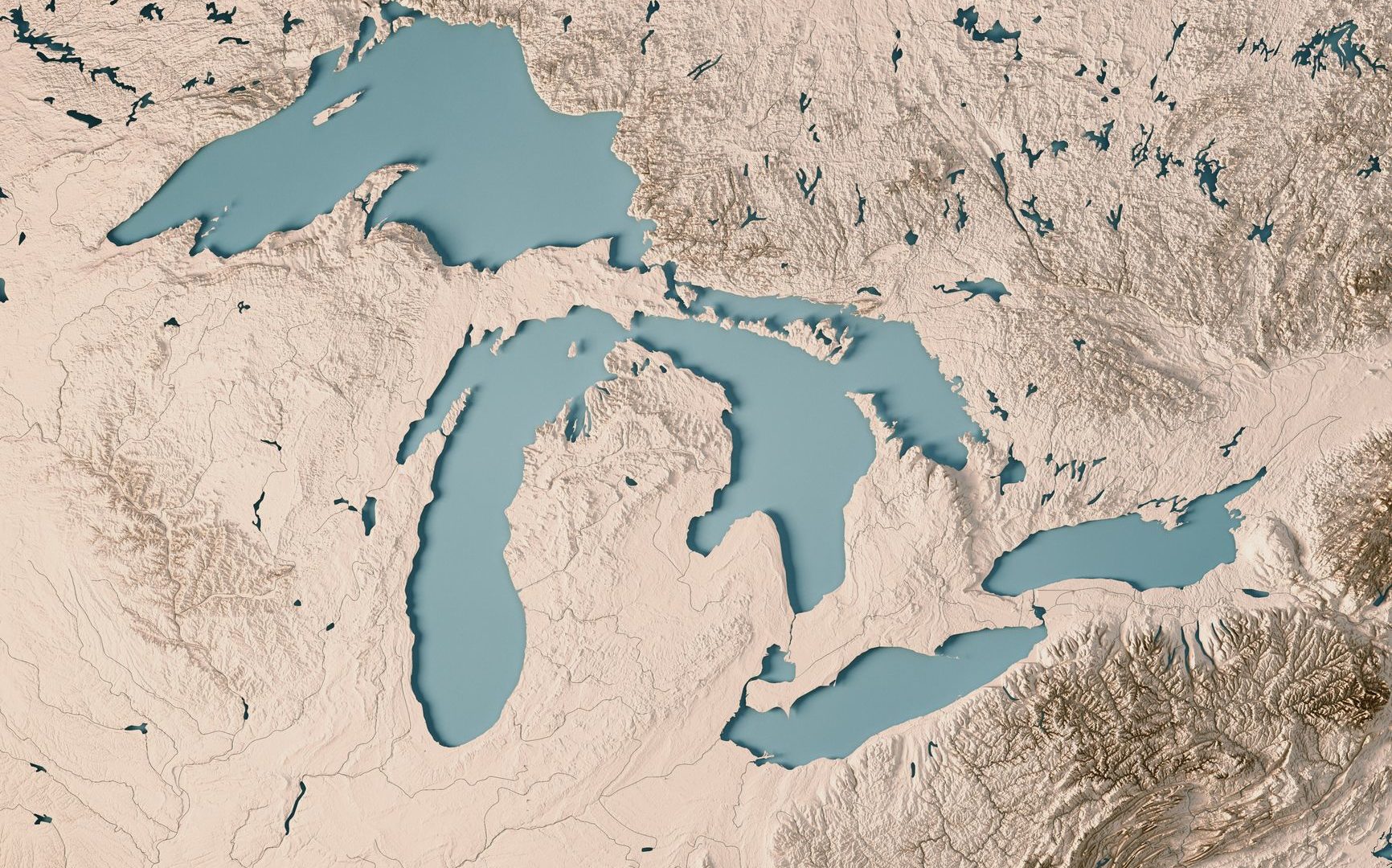The Great Lakes Plastic Cleanup announced that the following marinas will be joining the initiative and supporting the capture of plastic debris throughout the Great Lakes Basin:
- Desmasdon’s Boat Works, Pointe au Baril.
- Beacon Marine, Pointe au Baril.
- Town of Collingwood, Collingwood.
- Lefroy Harbour, Lefroy.
“Having these marinas and their Seabins join the Great Lakes Plastic Cleanup means we are getting more plastic out of the Great Lakes and more critical data to support plastic pollution research,” said Christopher Hilkene, chief executive officer of Pollution Probe. “Their involvement will help us to better understand Great Lakes plastic pollution, raise awareness in their communities, and empower more people to take action.”
The Great Lakes Plastic Cleanup launched on August 27, 2020. Seabin and LittaTrap™ capture and cleanup devices were installed in 11 marinas with support from Environment and Climate Change Canada.
The addition of the four marinas above, which bring their own technologies to the network, expands the scope and impact of the Great Lakes Plastic Cleanup. More data will be collected for research on the sources and pathways of plastic pollution in the Great Lakes Basin. Their involvement will also bring new audiences into discussions on plastic pollution, including the importance of recycling and proper resource management.
“The Great Lakes Plastic Cleanup initiative, launched this summer, is one of the most ambitious plastics capture, cleanup, and research projects underway in the Great Lakes,” said Mark Fisher, president and chief executive officer of the Council of the Great Lakes Region.
“By adding these marinas and their Seabin devices to the initiative, we’ll be able to learn even more about plastic pollution throughout the Great Lakes watershed in Ontario while educating coastal communities about the importance of recycling and the impacts of litter on our environment,” added Fisher.
Marinas across the Great Lakes have long been champions of environmental stewardship and have made valuable contributions to the protection and management of our waterways.
Marinas like Desmasdon’s, Beacon Marine, Collingwood, and Lefroy Harbour have already demonstrated their commitment to tackling the plastic pollution problem by investing in capture and cleanup devices for their sites to get plastic out of the water.
By joining the Great Lakes Plastic Cleanup, these marinas can have an even greater impact by contributing to the valuable research that the initiative is generating through analysis of recovered debris.
“The Town of Collingwood, in partnership with Georgian Bay Forever, is excited to join our plastic pollution solution efforts with the [Great Lakes Plastic Cleanup] project,” said Brian Saunderson, mayor of the Town of Collingwood, Ontario. “Council is keenly interested in critical environmental issues, like microplastic infiltration of aquatic habitats and our source water.”
“As a waterfront community that is so connected to this vital feature, it is imperative that all residents and visitors are aware of these issues and are educated about how to care for this critical resource,” added Saunderson. “The addition of Seabins, and other elements of this project, will add to upcoming educational campaigns and help teach our stakeholders how to protect our water.”
Plastic pollution is a major concern in the Great Lakes Basin, the largest freshwater system in the world. Beyond visible litter, microplastics, many of which are no larger than the width of a human hair, are present throughout the lakes.
In some parts of the lakes, there is more plastic per square kilometre than there is in the ocean garbage patches, according to the announcement from Pollution Probe. The impacts of all of this plastic are far-reaching. A key goal of the Great Lakes Plastic Cleanup is to learn more about the sources of plastic and how it impacts our natural systems.
The Great Lakes Plastic Cleanup was founded by Boating Ontario, the Council of the Great Lakes Region, Pollution Probe, PortsToronto, and the University of Toronto Trash Team with funding from government and corporate partners. This initiative uses Seabin and LittaTrap technology to quickly capture and remove plastics and other litter at marinas from Lake Ontario to Lake Superior.
Through research, outreach, education, and collaboration with organizations like Georgian Bay Forever, the Great Lakes Plastic Cleanup will work to identify sources of litter entering our waterways. The initiative will also identify how government, industry, and consumers can work together to reduce, reuse, and recycle material waste.









